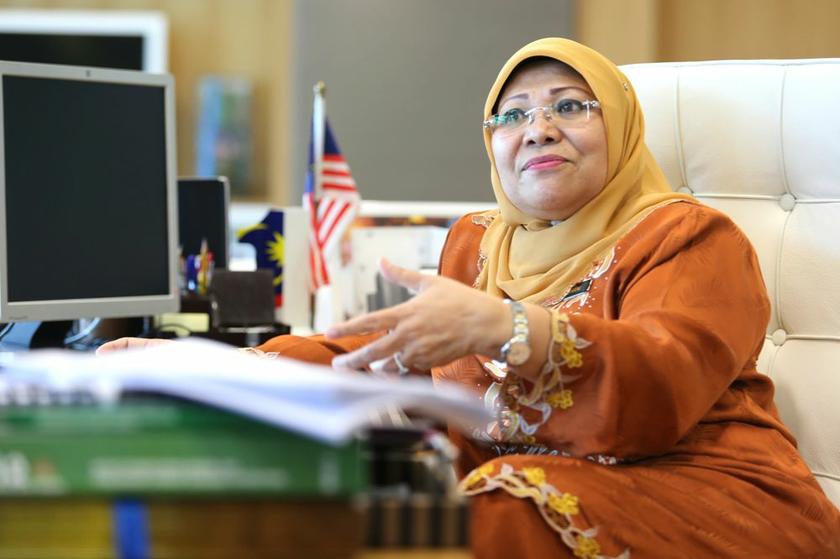KUALA LUMPUR, April 3 — The Domestic Violence Act (Amendments) 2017 [DVA] is expected to enable women to get temporary protection from their abusers without having to lodge a police report, the Women’s Aid Organisation (WAO) said.
Domestic violence survivors can obtain the Emergency Protection Order (EPO) from a social welfare officer without having to go to court either, under the Bill that is set to be tabled in the Dewan Rakyat for first reading today.
“The EPO acts as an immediate temporary protection, which could last for 7 days,” WAO advocacy manager Yu Ren Chung told Malay Mail Online.
Although the women’s rights group, which had worked with the DVA along with other NGOs for the past three years, has not seen the final version of the Bill, it expects the EPO and also a strengthened Interim Protection Order (IPO) to both feature.
The Bill will be introduced by the Women, Family and Community Development Ministry, its Minister Datuk Seri Rohani Abdul Karim stated yesterday.
Current provisions of the DVA state that an IPO, which is issued by a court, would be enforced if the offender commits another act of domestic violence during the phase of investigation.
But the new IPO provisions would place restrictions, such as prohibiting the abuser from going to the victim’s residence or place of work, to immediately protect the victim once an investigation has commenced.
“This is a preventive measure to ensure that the incident of domestic violence does not repeat during the investigation phase,” Yu said.
Yu stressed that these new provisions do not take away the rights of an alleged abuser.
“These are just provisions to prevent violence. It does not in any way take away the rights of an abuser, because no one has the right to commit violence anyway,” he said.
The Act is also expected to ensure that an IPO remains in effect after the police investigation ends while a protection order is being obtained from the court.
After being tabled for first reading today, the amendments however are only expected to be debated and put up to a vote in the next parliamentary sitting this July.



















